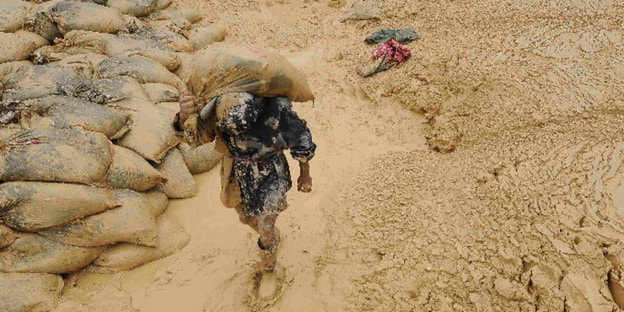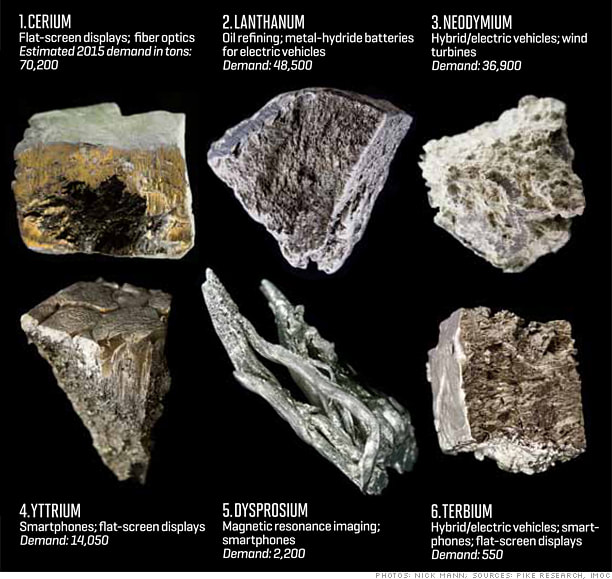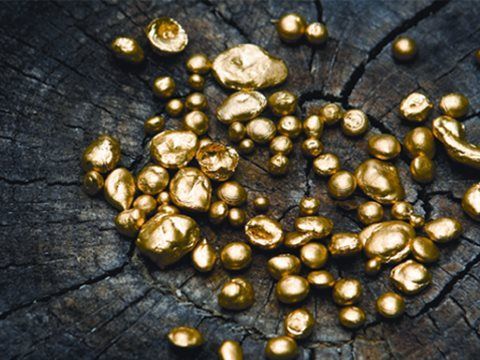 Rare earth mine in China - Picture: Reuters Rare earth mine in China - Picture: Reuters “Heigh-ho, heigh-ho” sing the dwarves in Snow White as they start their day in a classical mine – a hole in the ground looking for precious metals. For decades, we mined the earth’s natural resources for fossil fuel and metals to build our cities & give us the right to call ourselves developed. Then pollution forces us to move towards a “decarbonised” future, targeting zero emissions and greater use of automation. The technology required to enable this has a dark side to it though – it is heavily reliant on rare earth metals which are hard to find but needed in exponentially growing amounts for items such as smartphones, computers and other consumer electricals. The rare earth mining sites are like sores on the face of the earth – open face mines with rough attempts at restoring the landscape, leaking silt and toxins into the surrounding water sources. These metals being highly toxic when mined and processed, are putting a heavy environmental toll on soil and water in China, the world’s biggest producer and consumer of rare earths. Not quite the clean and smart future envisioned at the Paris Agreement for climate change… There is some good news, though. Technology today seems to offer 2 alternatives to classical mining: Urban and off-planet mining. While the latter was pooh-poohed as fiction, the growing number of unmanned vehicles in space doing increasingly complex tasks shows that mining a metal-rich asteroid may become a reality in the not-so-distant future. As for urban mining, necessity drove Japan to consider mining their e-waste for these precious rare earth metals when China announced a temporary ban on the export of the same. Starting off in the Akita prefecture in 2008, urban mining caught on like wildfire. By 2014, the amount of precious metals recovered from discarded small consumer electronics in Japan included 143kg of gold, 1,566kg of silver and 1,112 tons of copper. Urban mining is increasingly winning over classical mining in terms of being much cheaper, efficient and greener in the sourcing of materials. One added advantage is the avoidance of blood or conflict minerals – minerals sourced from countries like the Congo where war breaks out in the struggle to control the mines. So, urban mining’s great for world peace too!
Reverse logistics can help you encourage your consumers to return end-of-life products as well as parts meant for recycling or mining. We can help you with that. With a global network connecting over 200 sea and airports in more than 60 countries, connect with your customers and suppliers wherever they may be.
0 Comments
Leave a Reply. |
Search by typing & pressing enter


